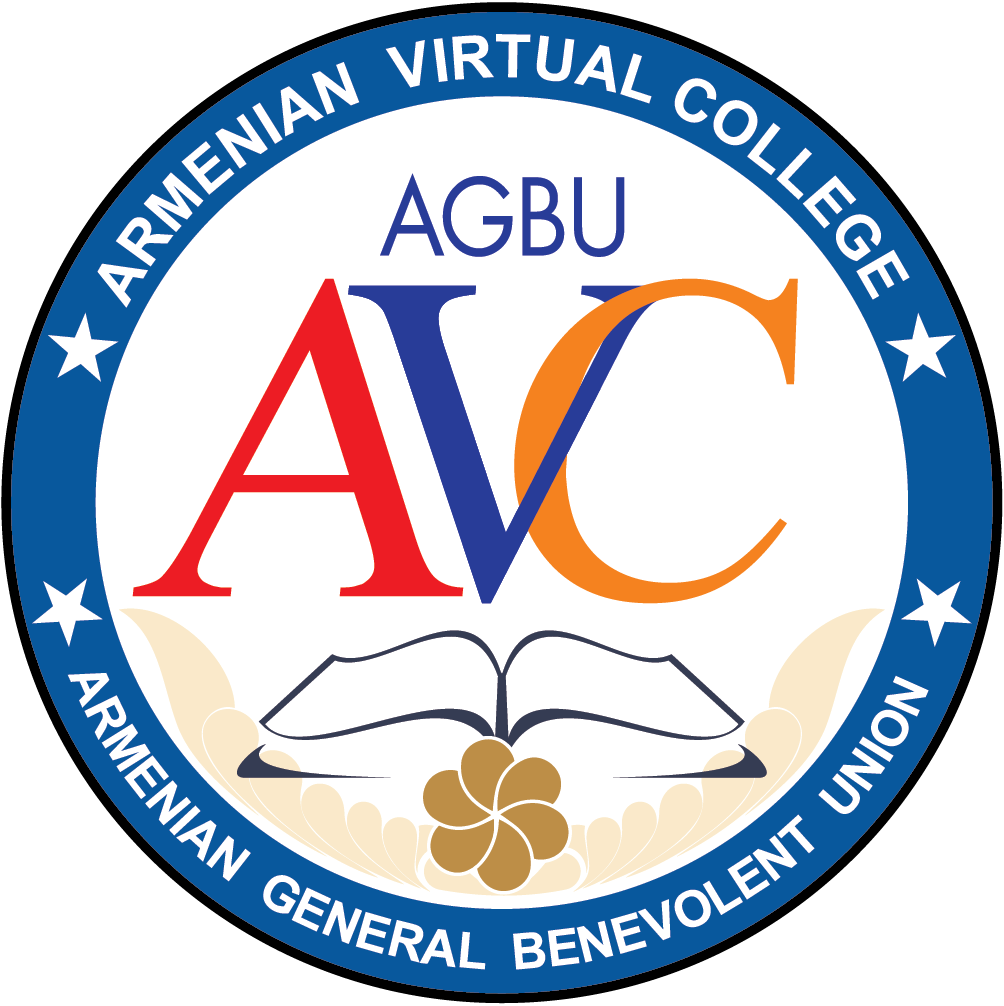Marina Sargsyan is from the closest Diasporan community to Armenia. Born in Tbilisi in a family of three generation Georgian-Armenians, she takes deep pride in her family roots, as well as her connection to one of the most historical cities for Armenians throughout history.
Marina's grandmother from her father's side came to Tbilisi from Ardahan after the Armenian Genocide, where she met her future husband Manuk, who traveled all the way from England to Western Armenia to fight in General Antranig's army. Marina still remembers her grandfather's big sword, which is kept in their basement. It is a reminder of the old bitter days for her family. Her grandmother from her mother's side comes from a noble Georgian family, while her grandfather is from Gavar, which is near Sevan in Armenia proper.
Marina's parents attended Russian schools and therefore, they do not read or write in Armenian, but they do speak Armenian (the Tbilisi dialect). Like her parents, she also attended a Russian school, where she also learned Georgian and English from a very early age.
She also attended the Armenian Sunday school by the Surb Ejmiatsin Church of the Armenian Prelacy of Georgia. However, in her daily life, she missed the environment where she could practice what she learned at school.
When Marina was a schoolgirl, her dream was to become a doctor. She did well in her lessons and participated in various competitions. Later, she was accepted at the philological studies faculty of the Ivane Javakhashvili State University, working as a translator at the same time. During those years, her hobby was Latin dance.
Marina learned about AVC only when she was 24 years old through one of the servicemen of the Armenian prelacy of Georgia. She was very happy with this discovery, as this was a way for her to finally learn Armenian. She immediately enrolled in language courses, studied Armenian from a beginner level, and then also took courses in Armenian history and music.
This development also caused many changes in Marina's life, as she switched her hobby from Latin dance to Armenian folk dance, by joining "Ani" Armenian Folkloric Dance Group.
"I was born anew—as an Armenian," she says.
Marina commends her AVC teachers, who have showed enormous support and helped her in learning Armenian in less than six months. "My teacher, Izabella and I are already best friends!" she says. "AVC is that unique opportunity for Diasporan Armenians living in different corners of the world to learn Armenian and retain their national identity."'
Since then, Marina has been working at the "Hayartun" cultural center of the Armenian Prelacy of Georgia as a translator from Armenian to Russian and Armenian to English. Her activities here have helped her enhance her knowledge, build better relations with the Armenian community of Georgia, and visit Armenia several times.
"My first visit to Armenia was on the occasion of the first anniversary of the AVC. I was 25 and I had never been to Armenia before!"
Marina is now working for foreign companies as a translator, where she meets different people from various backgrounds and nationalities. However, that is not holding her back from her Armenian folkloric dance hobby or her activities with the Armenian community in Georgia. She feels her ties are stronger now and nothing can take away what she has learned.
"Now I am telling my Armenian and non-Armenian friends alike to check out the AVC programs!"
By Harout Ekmanian









